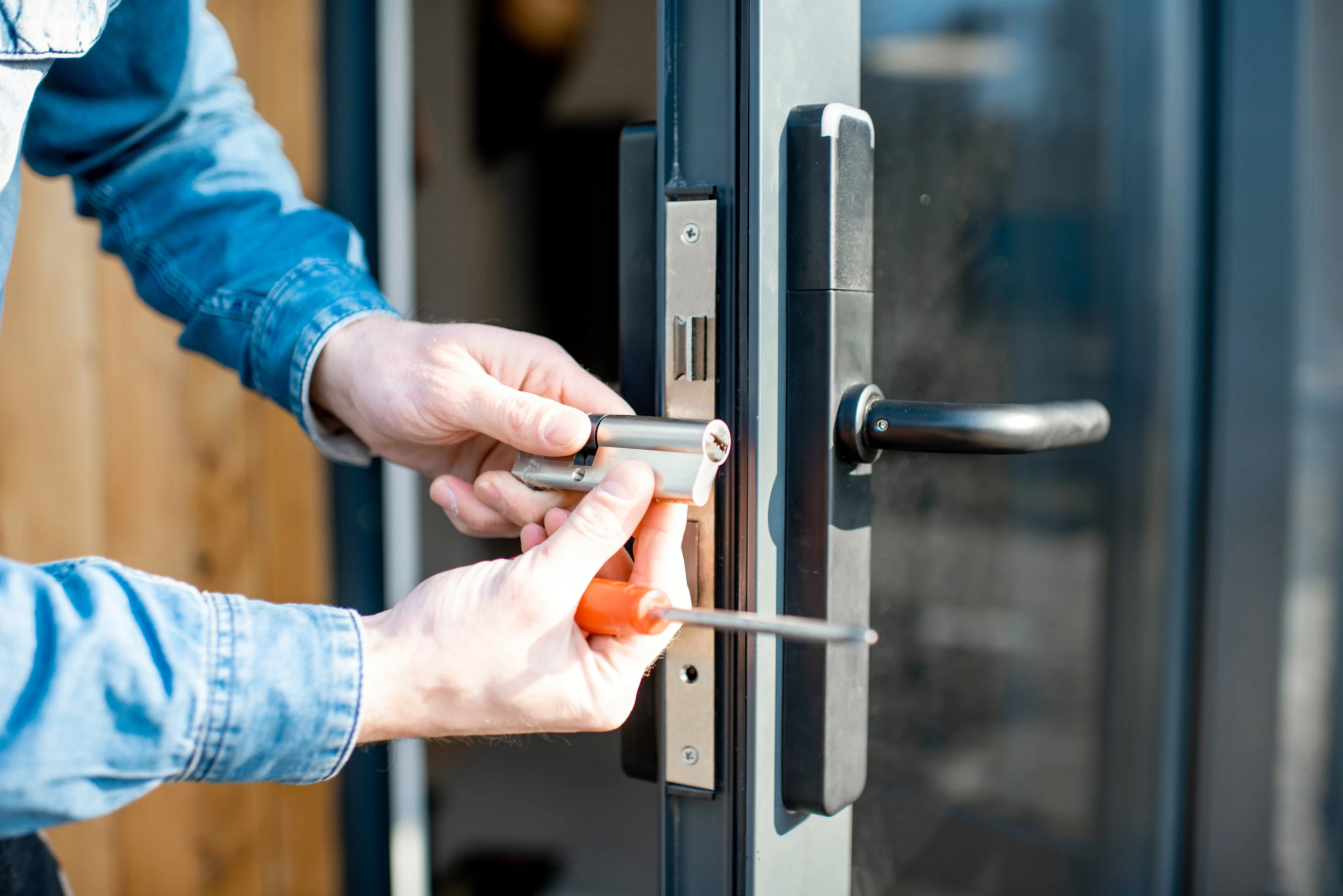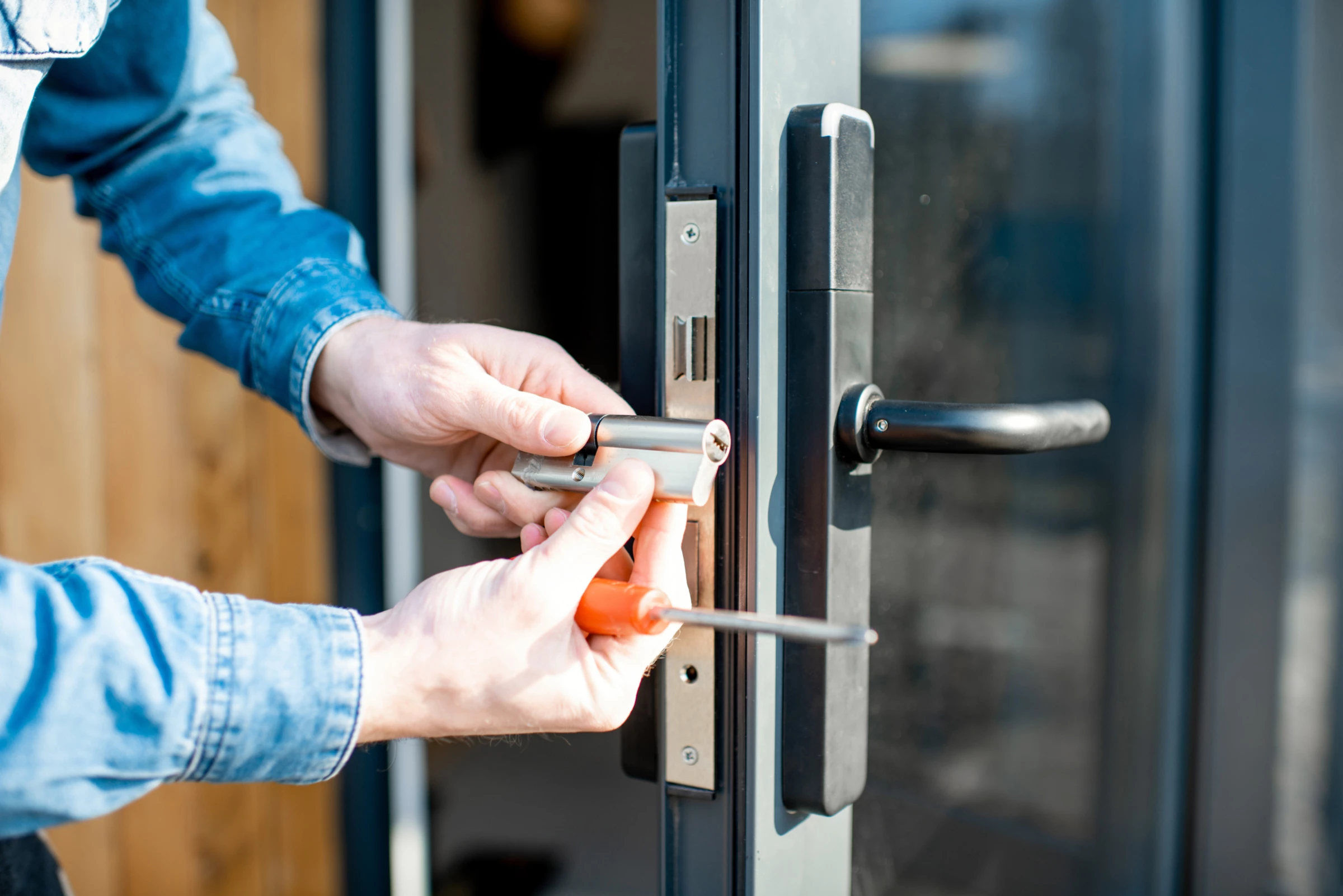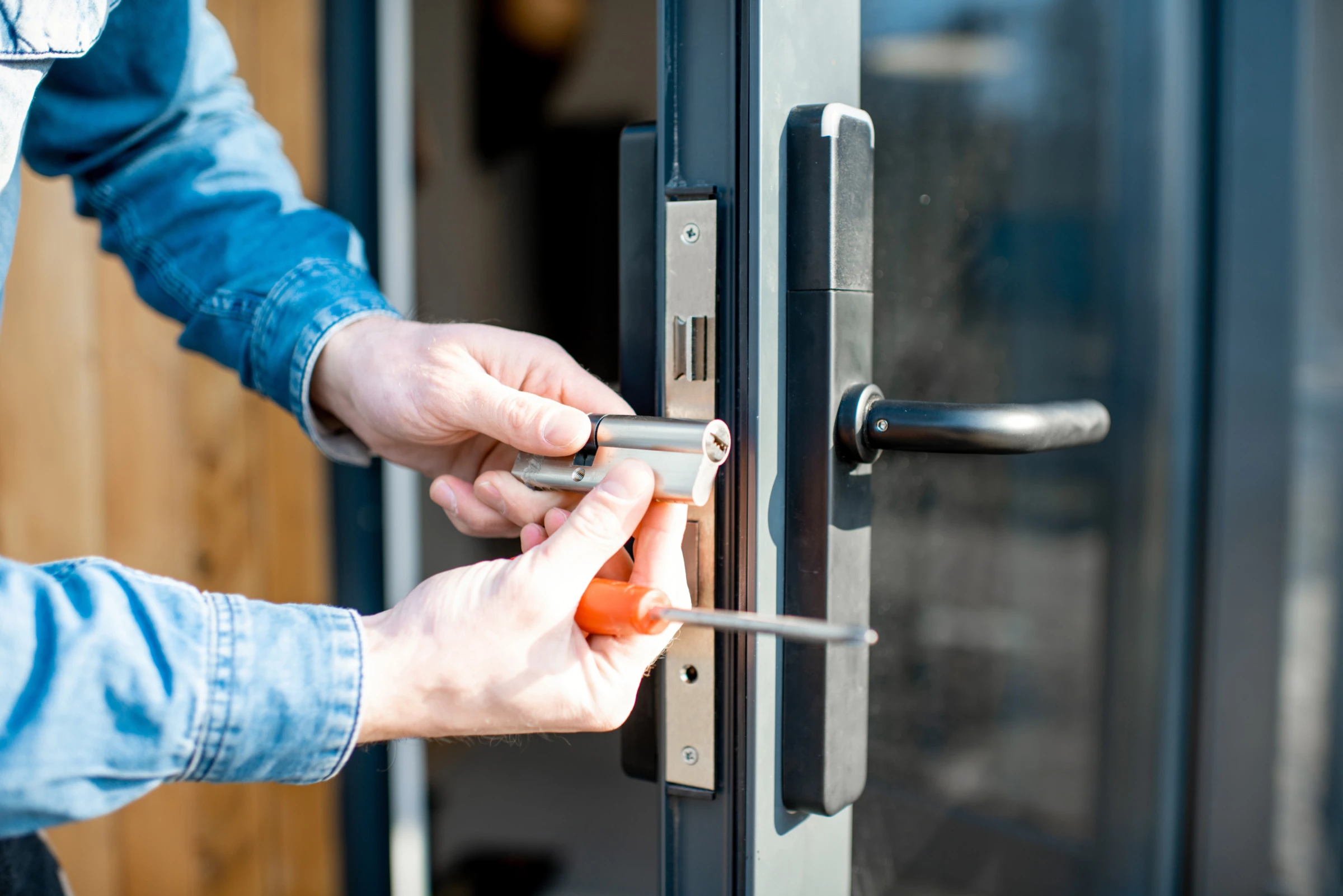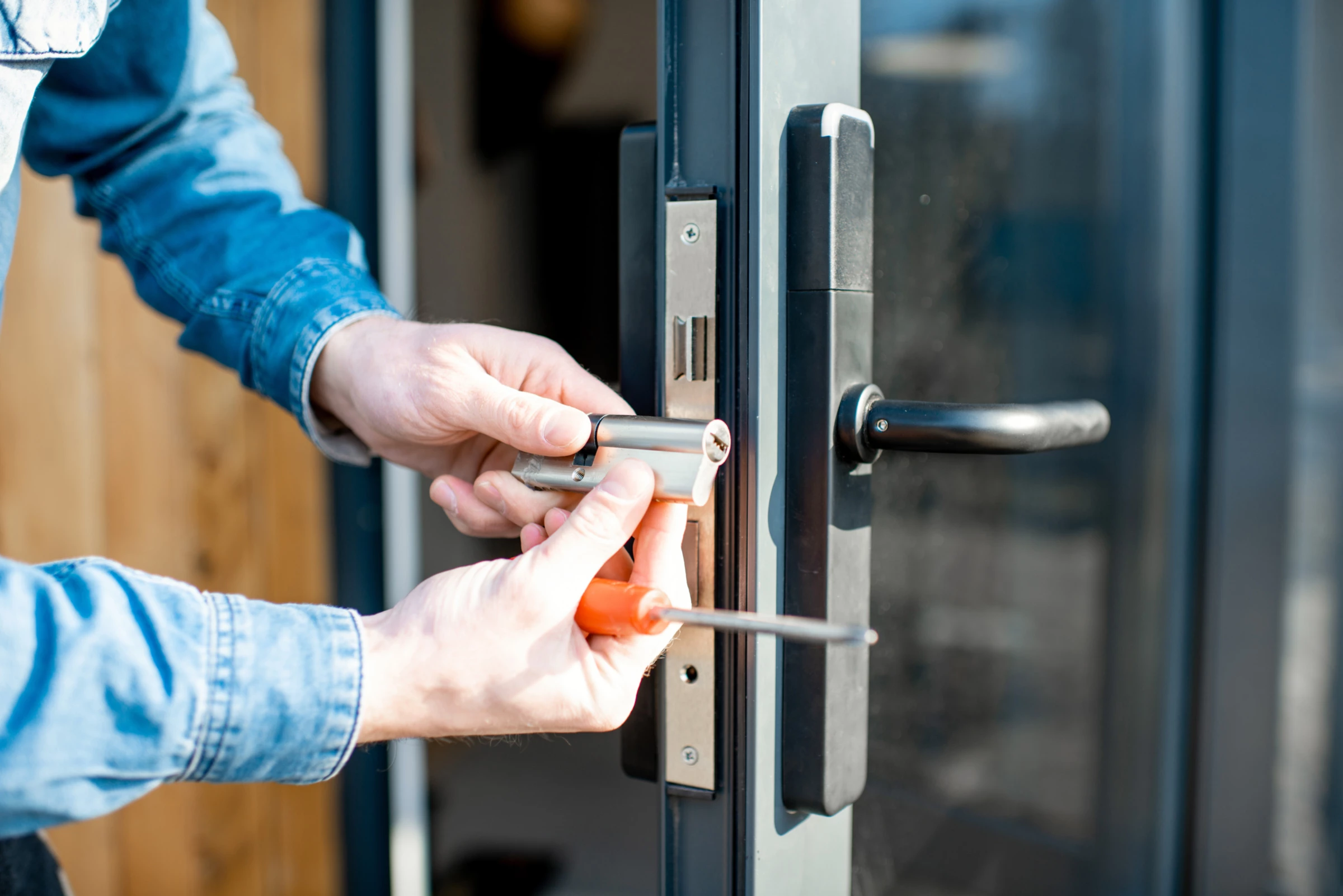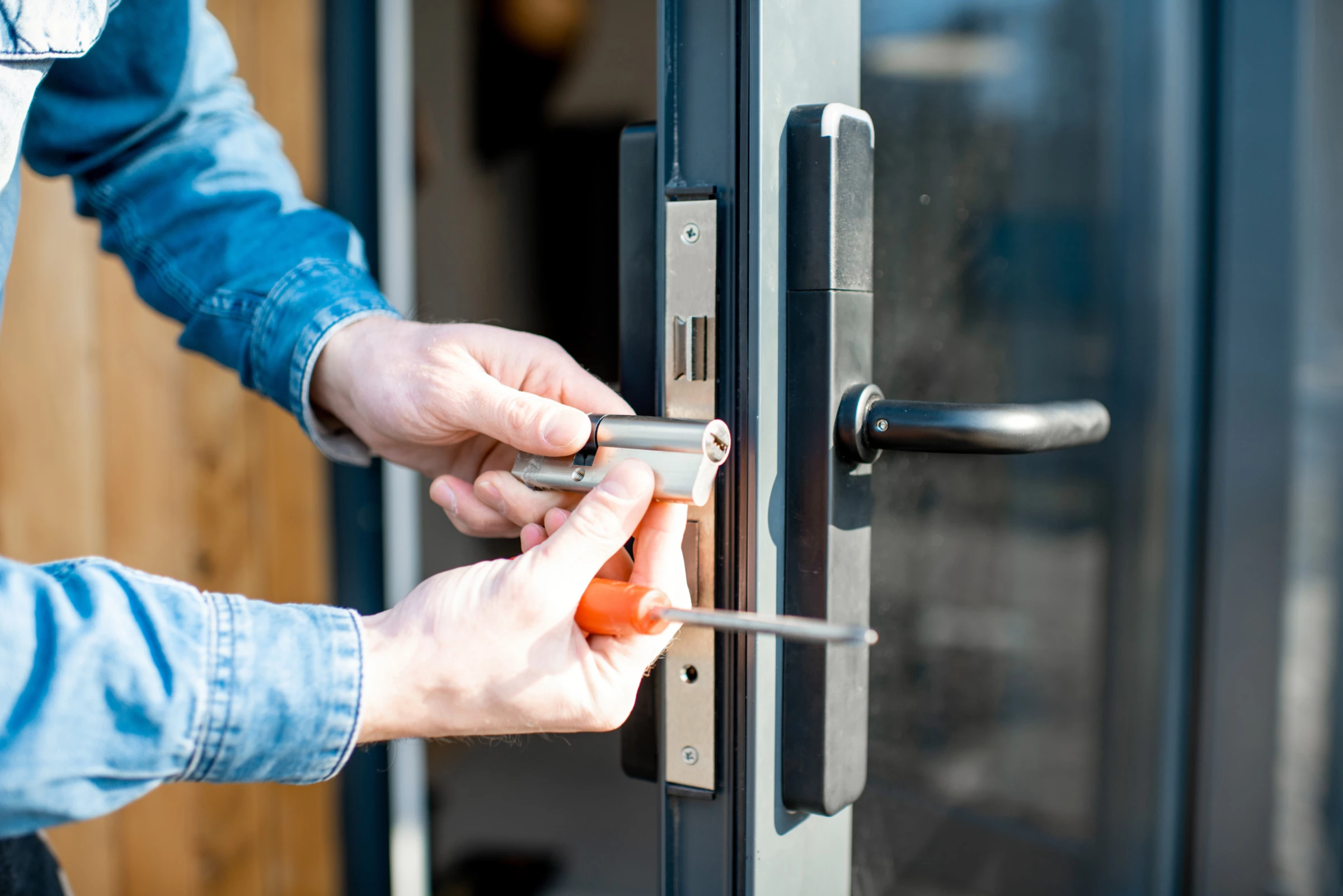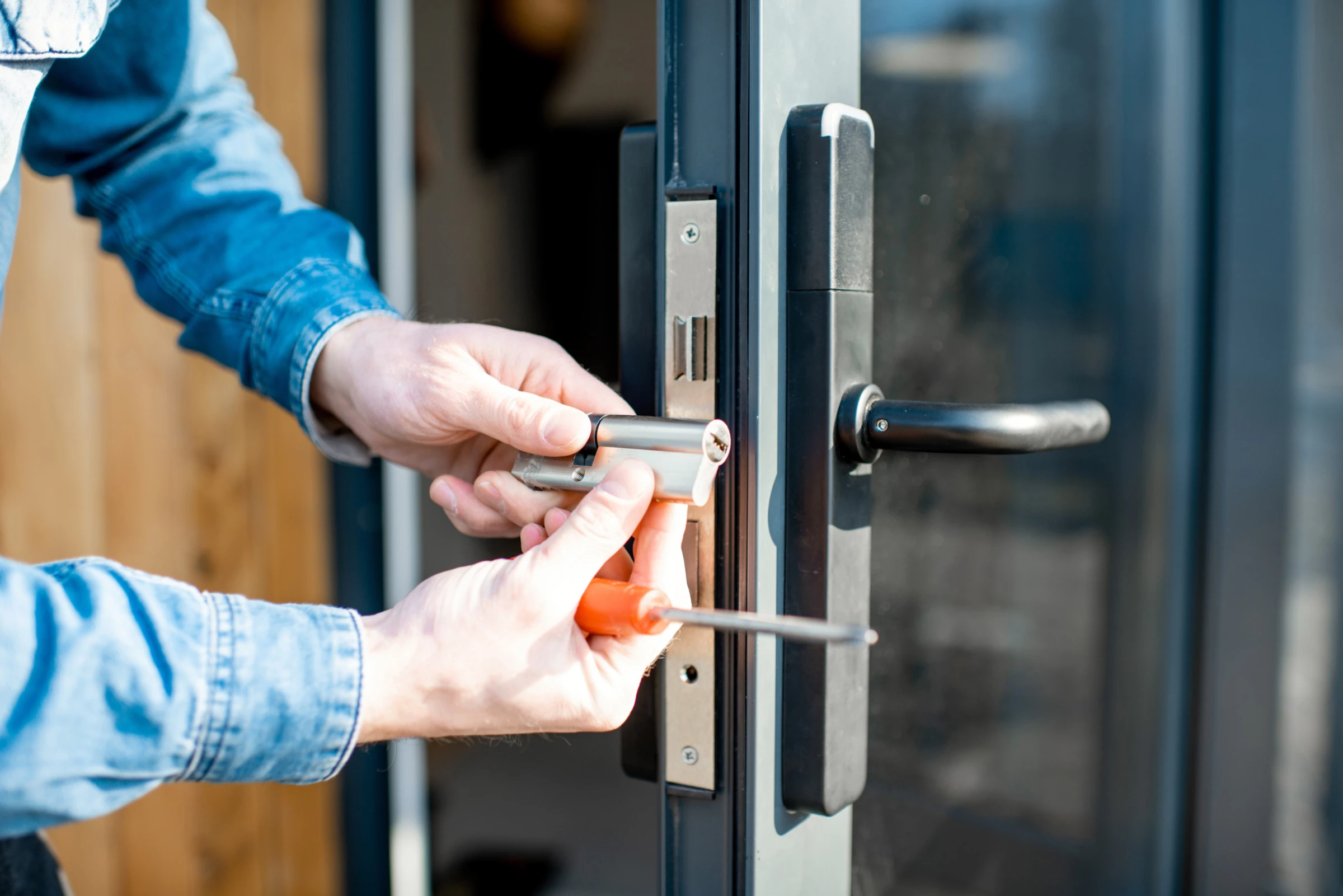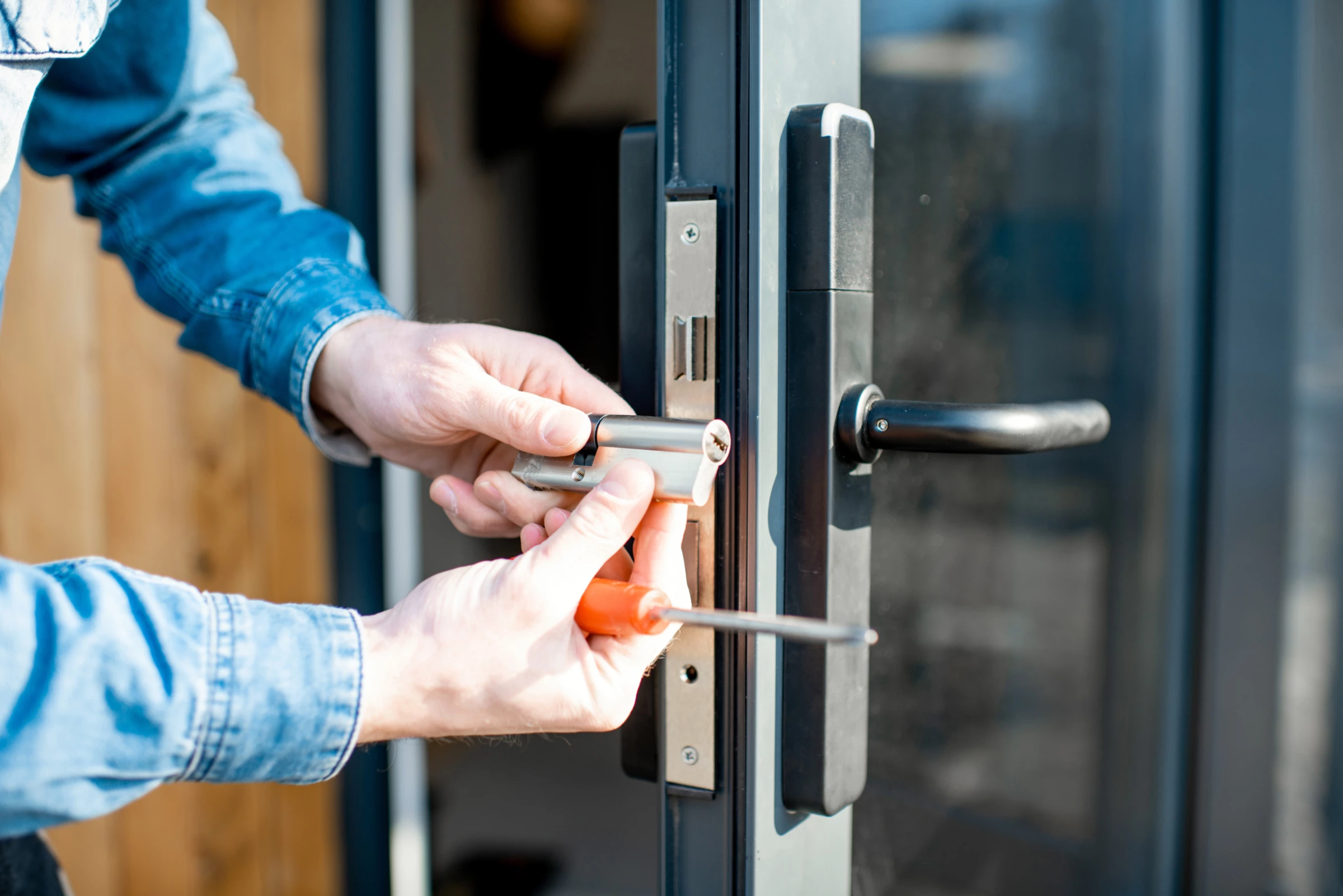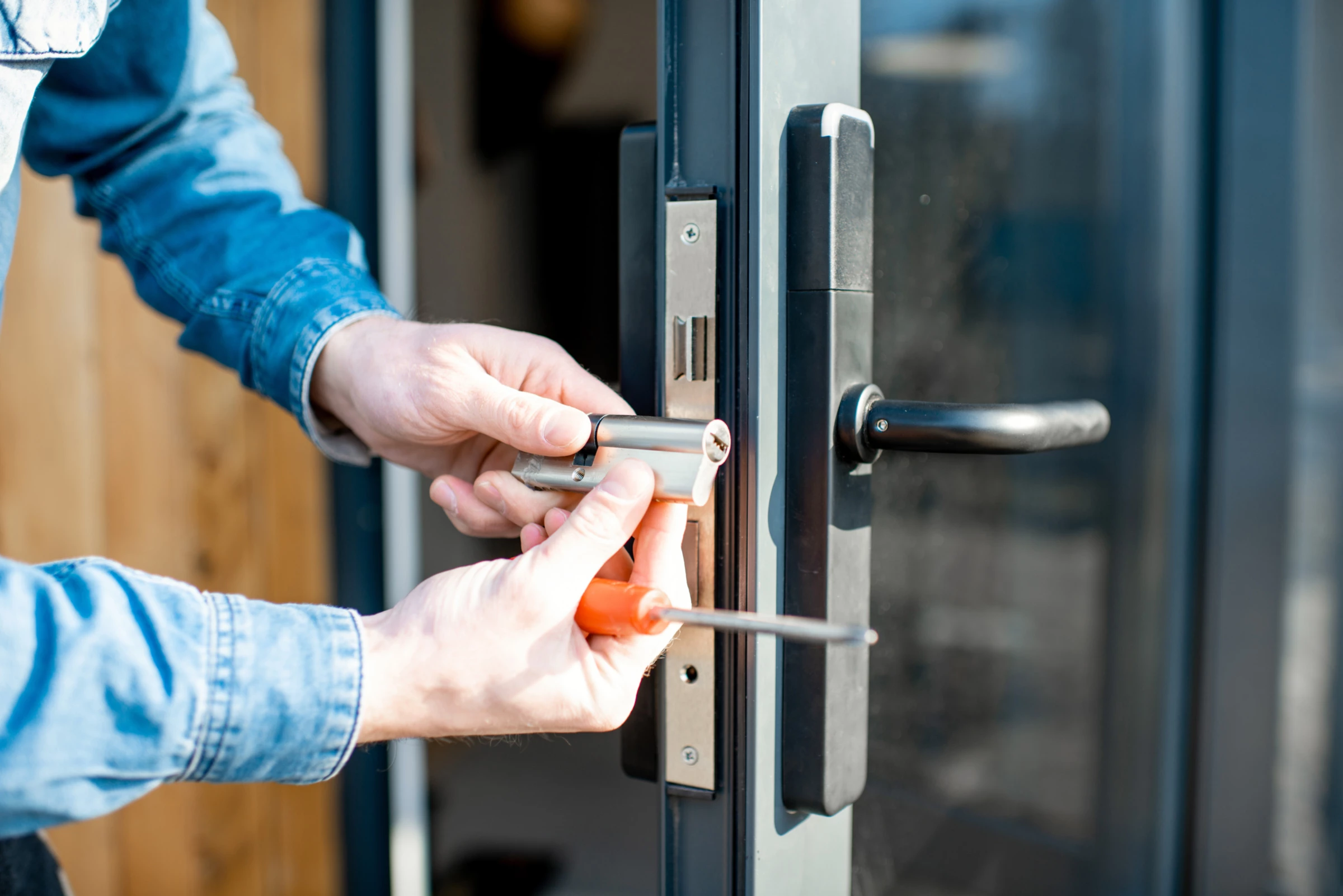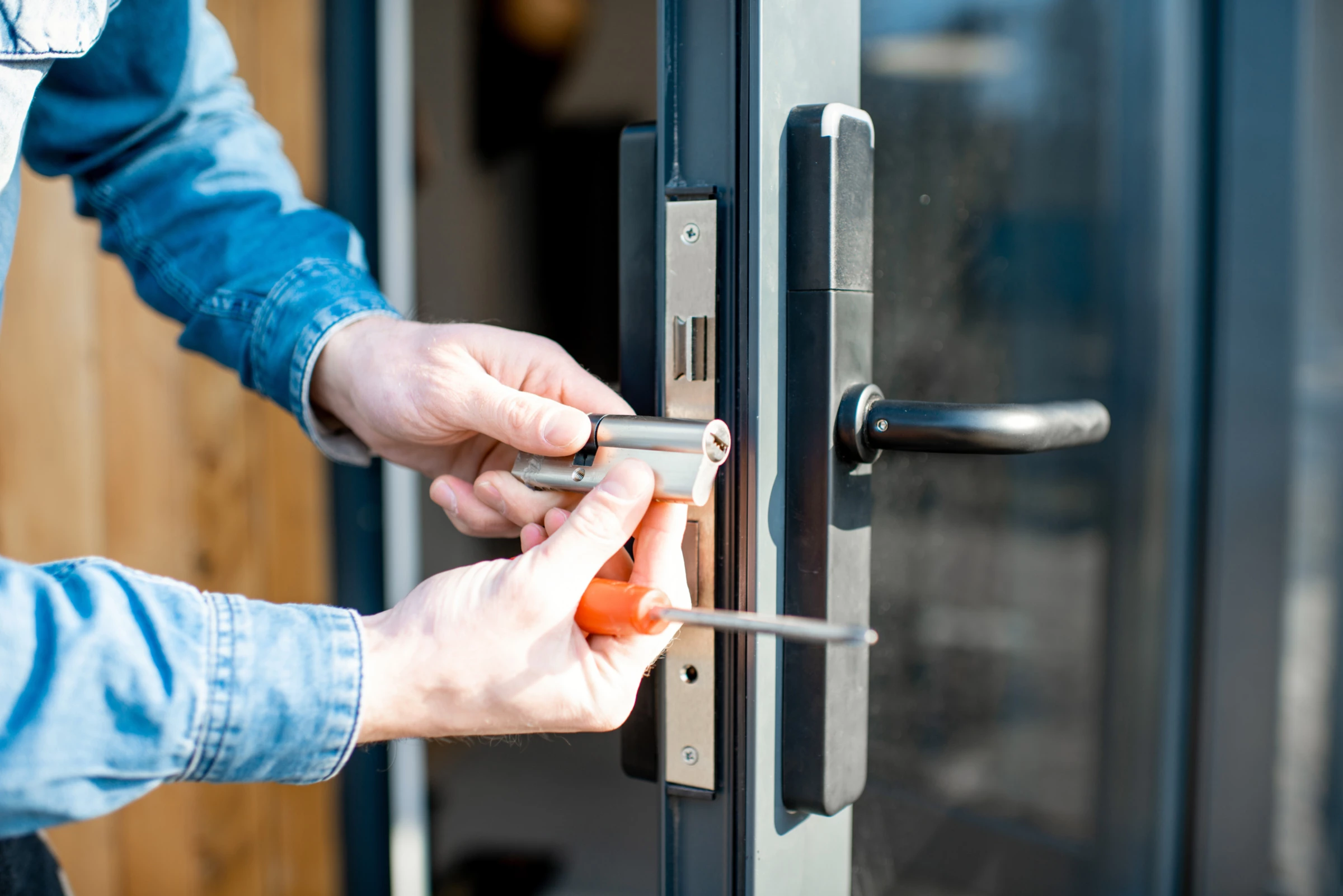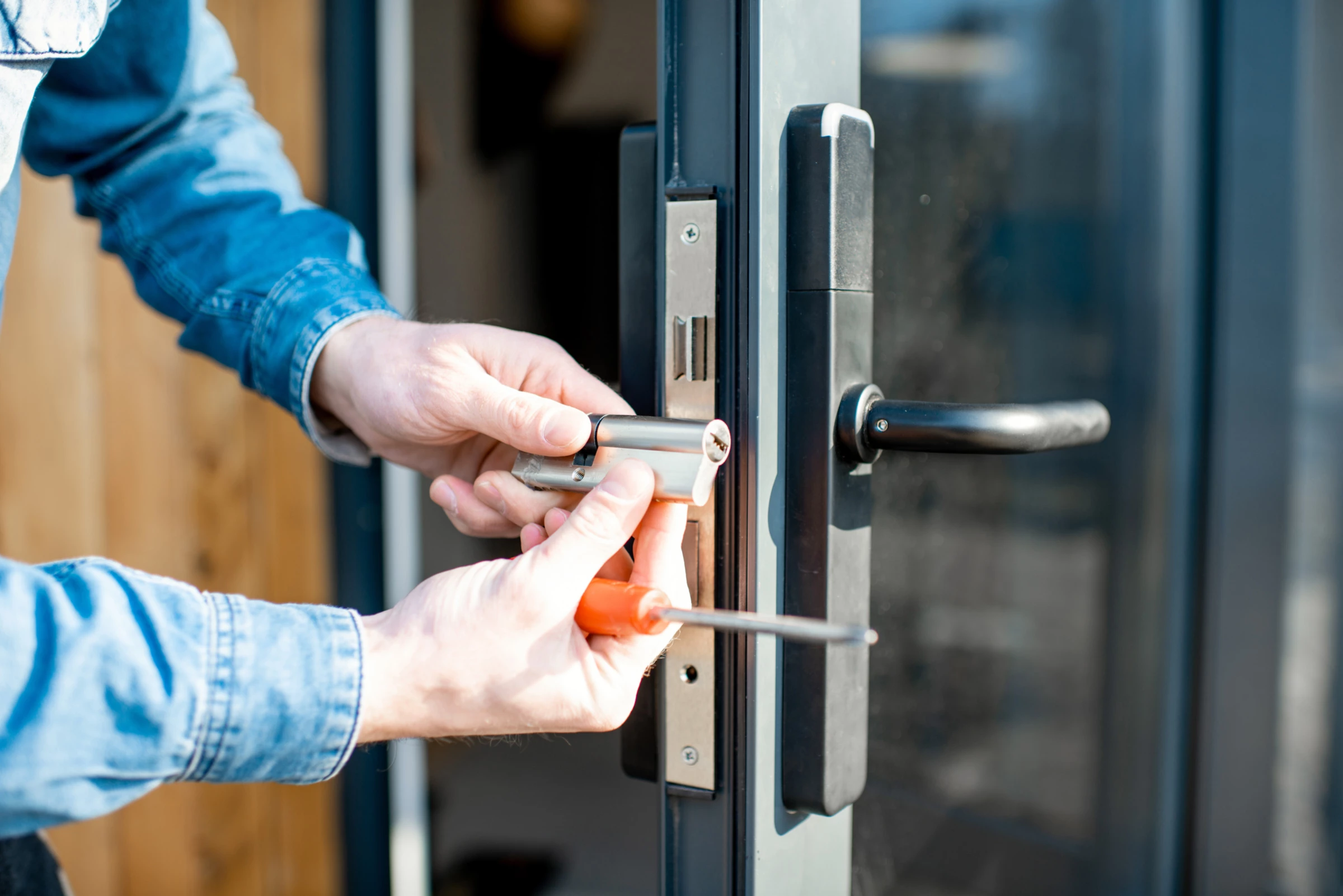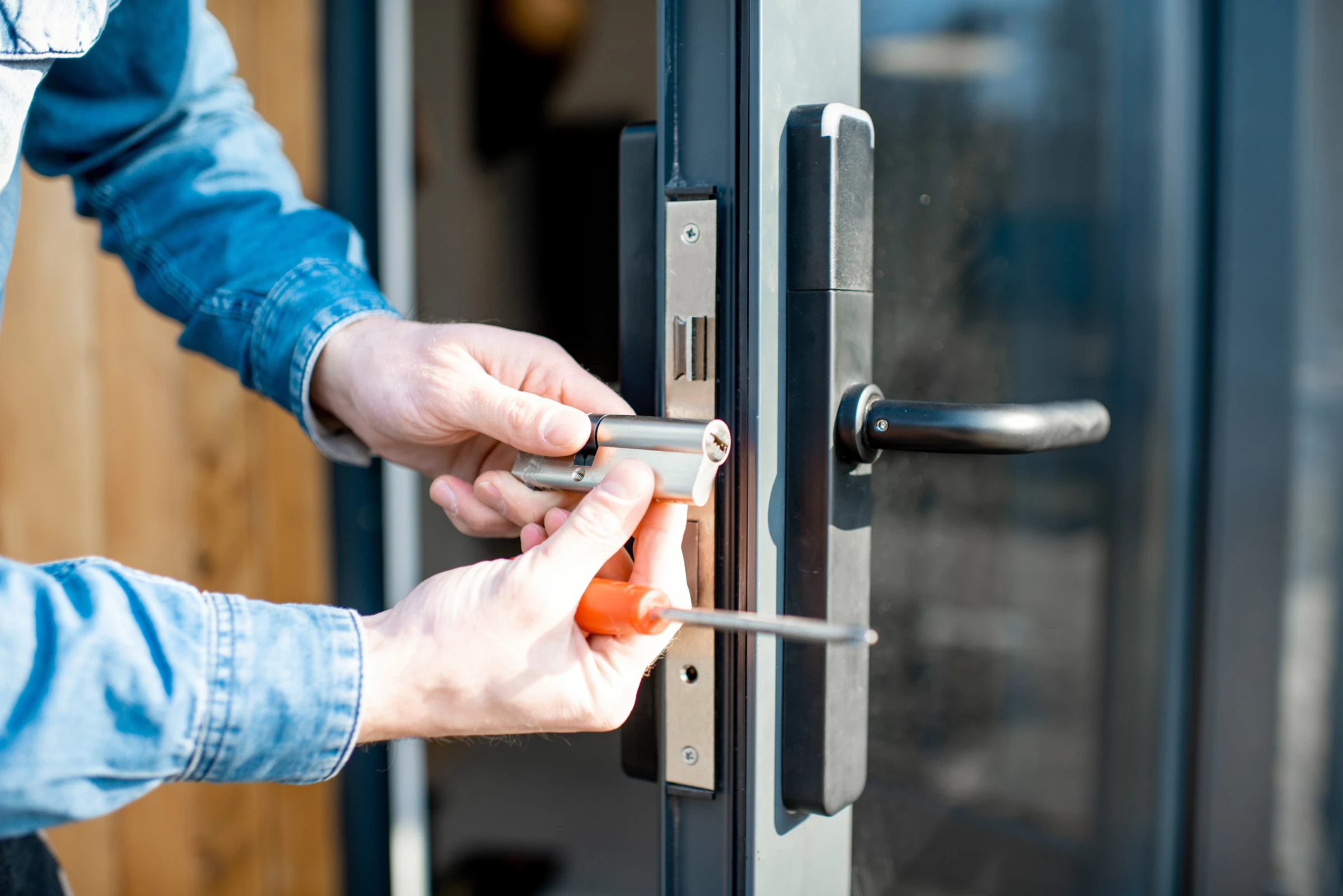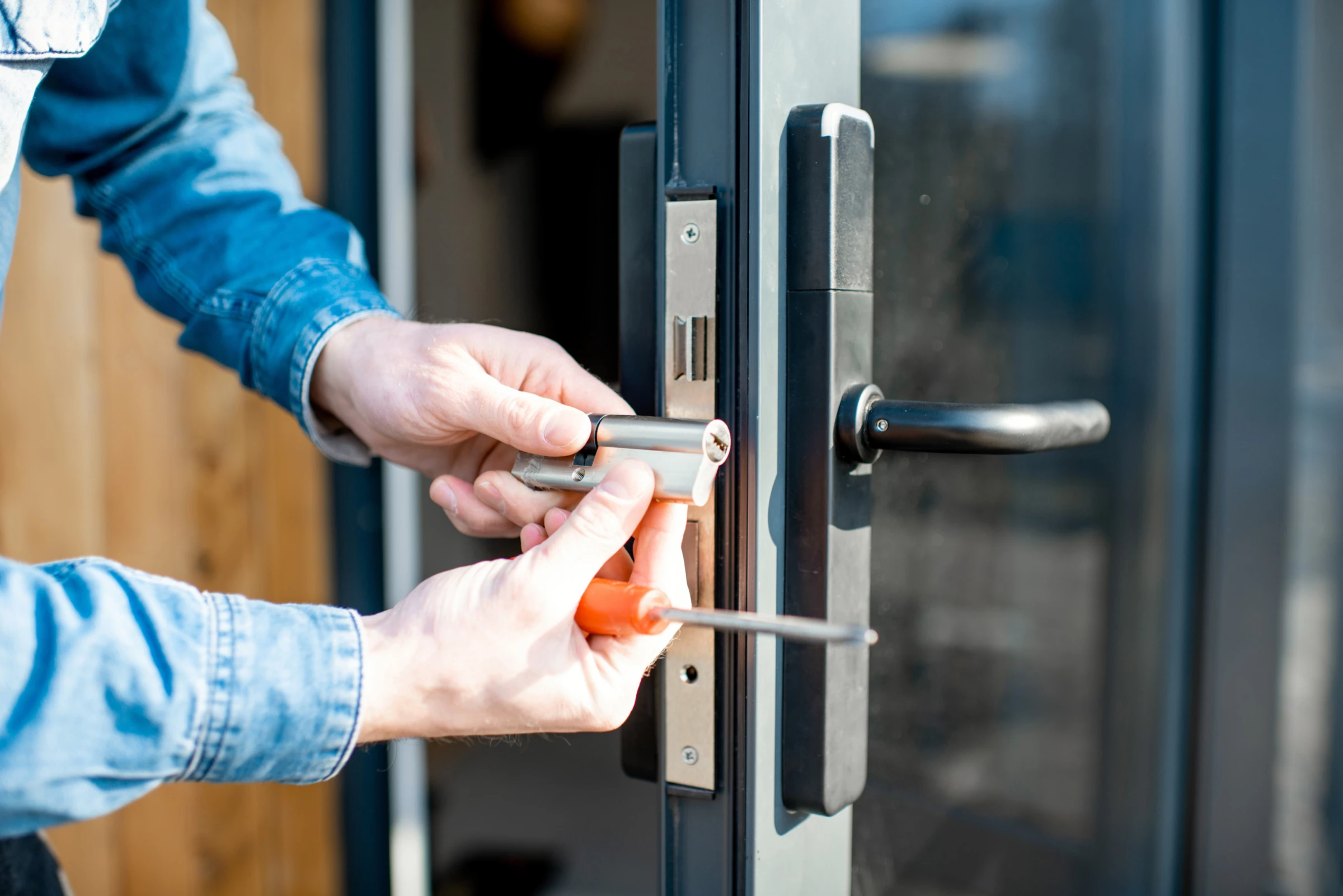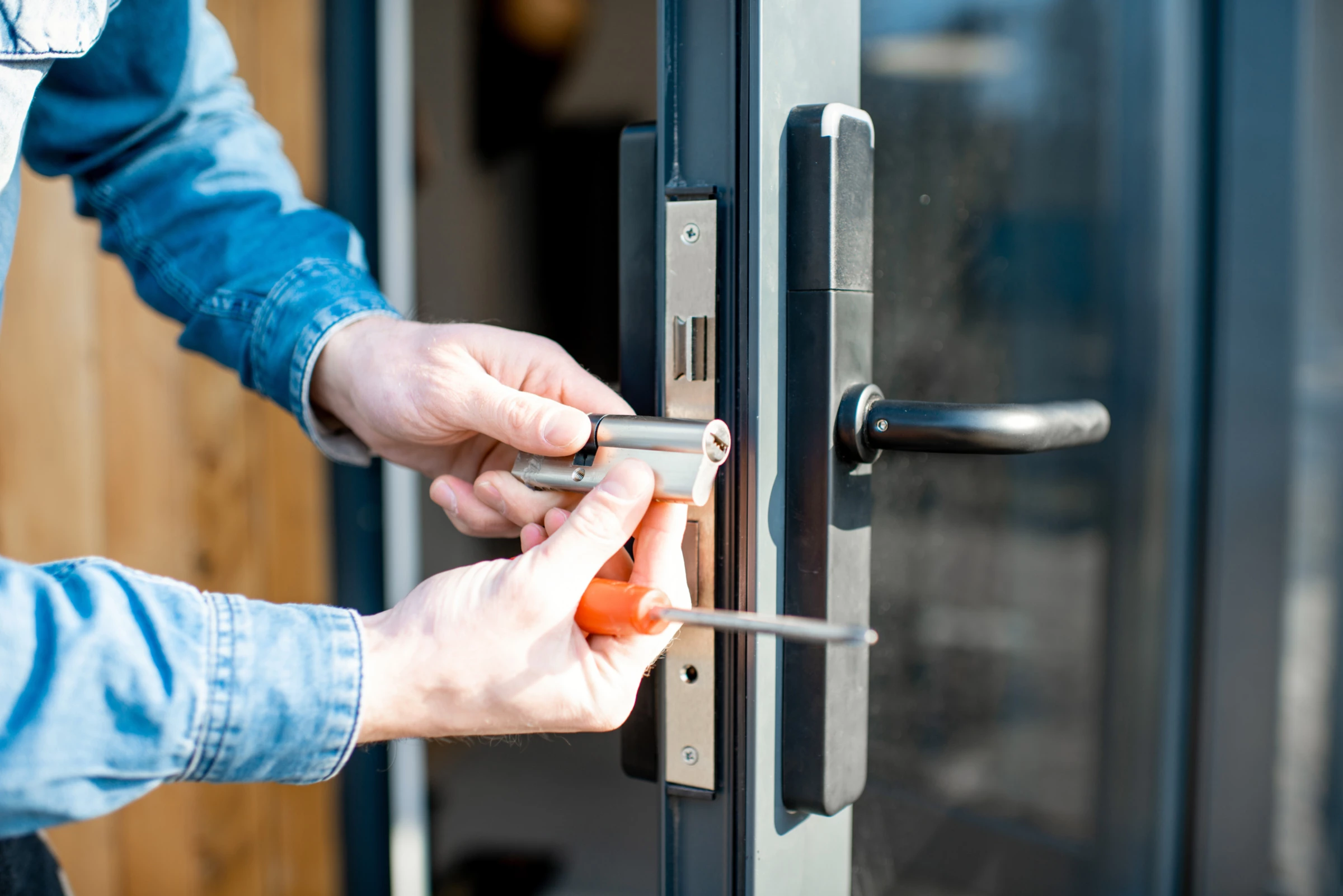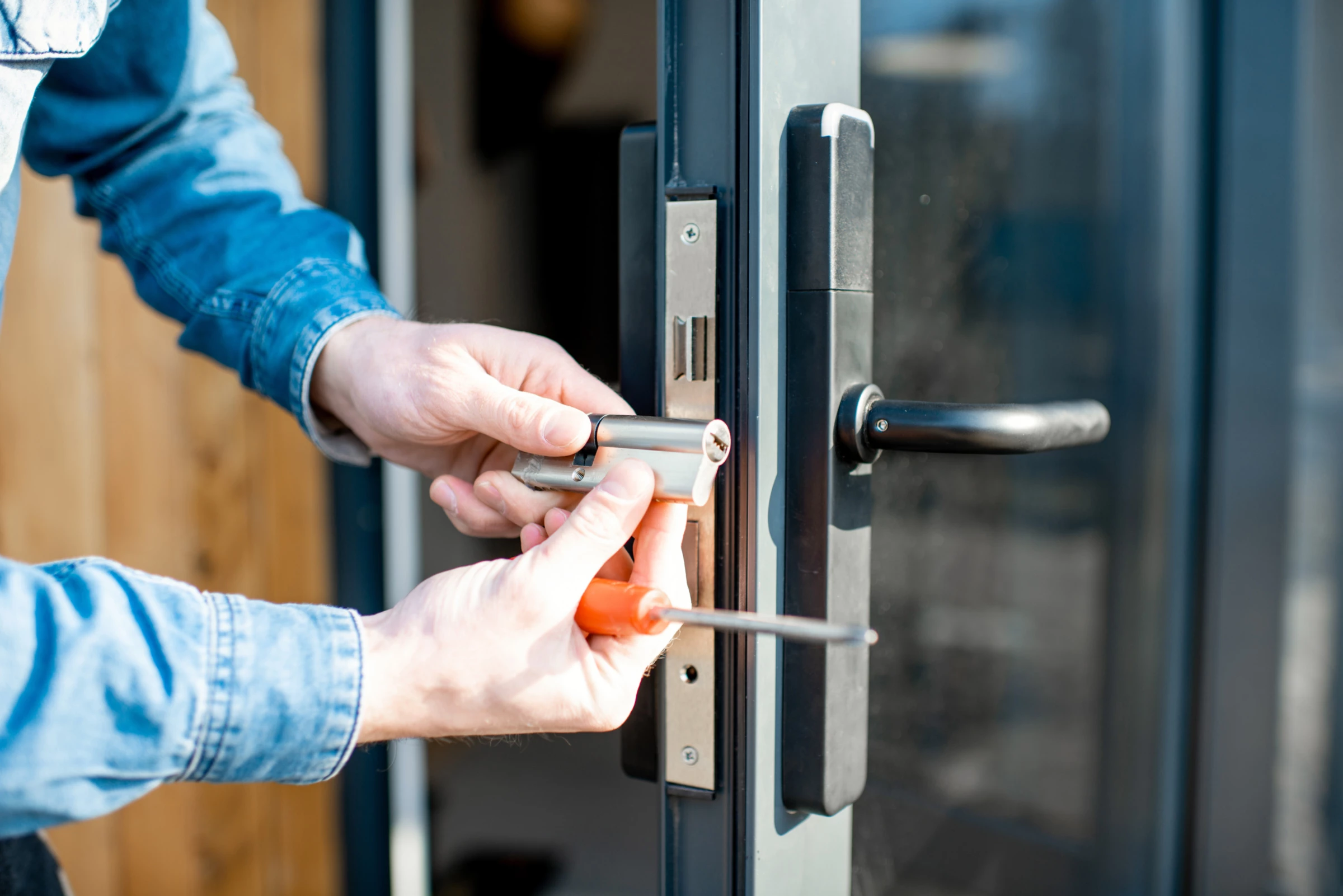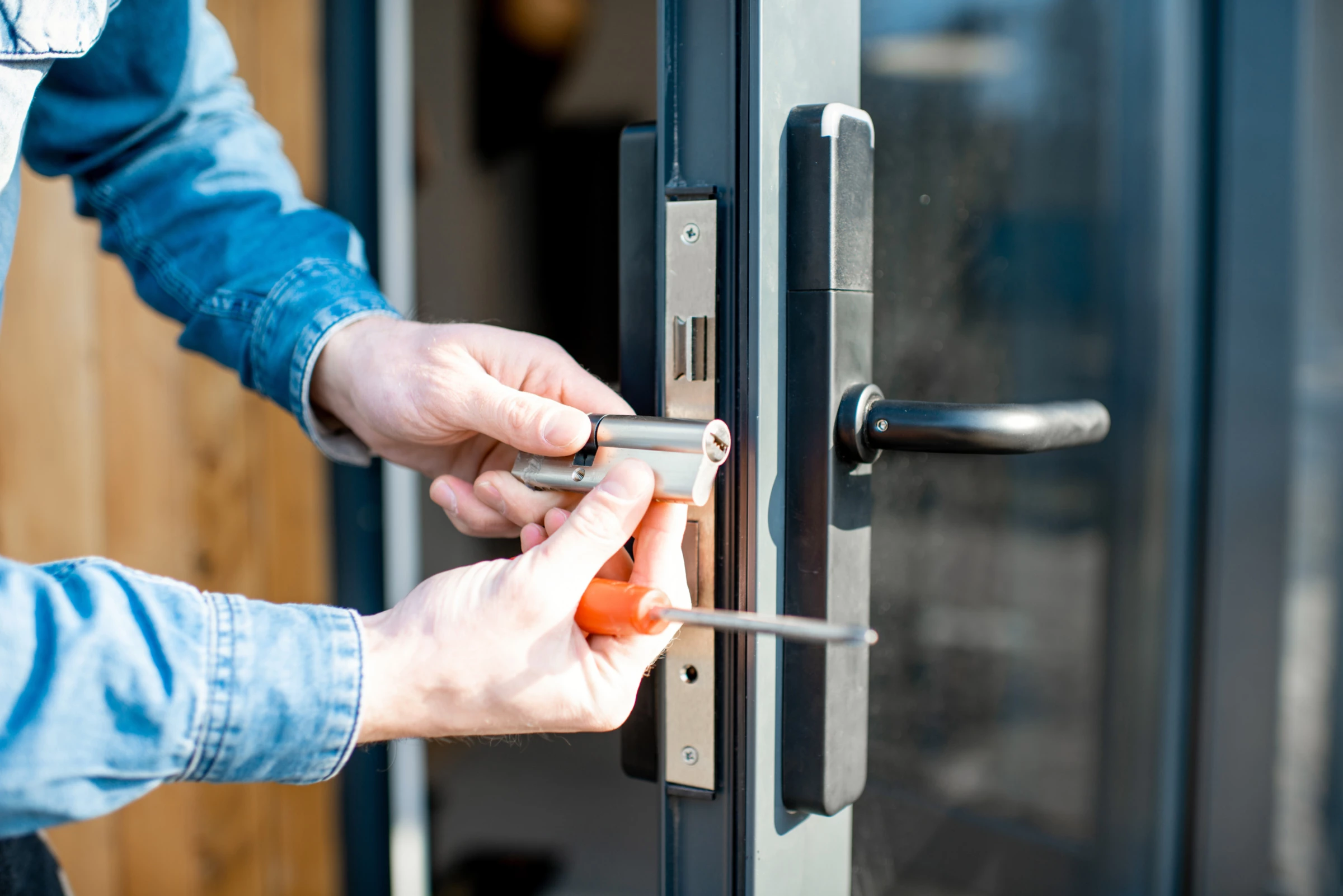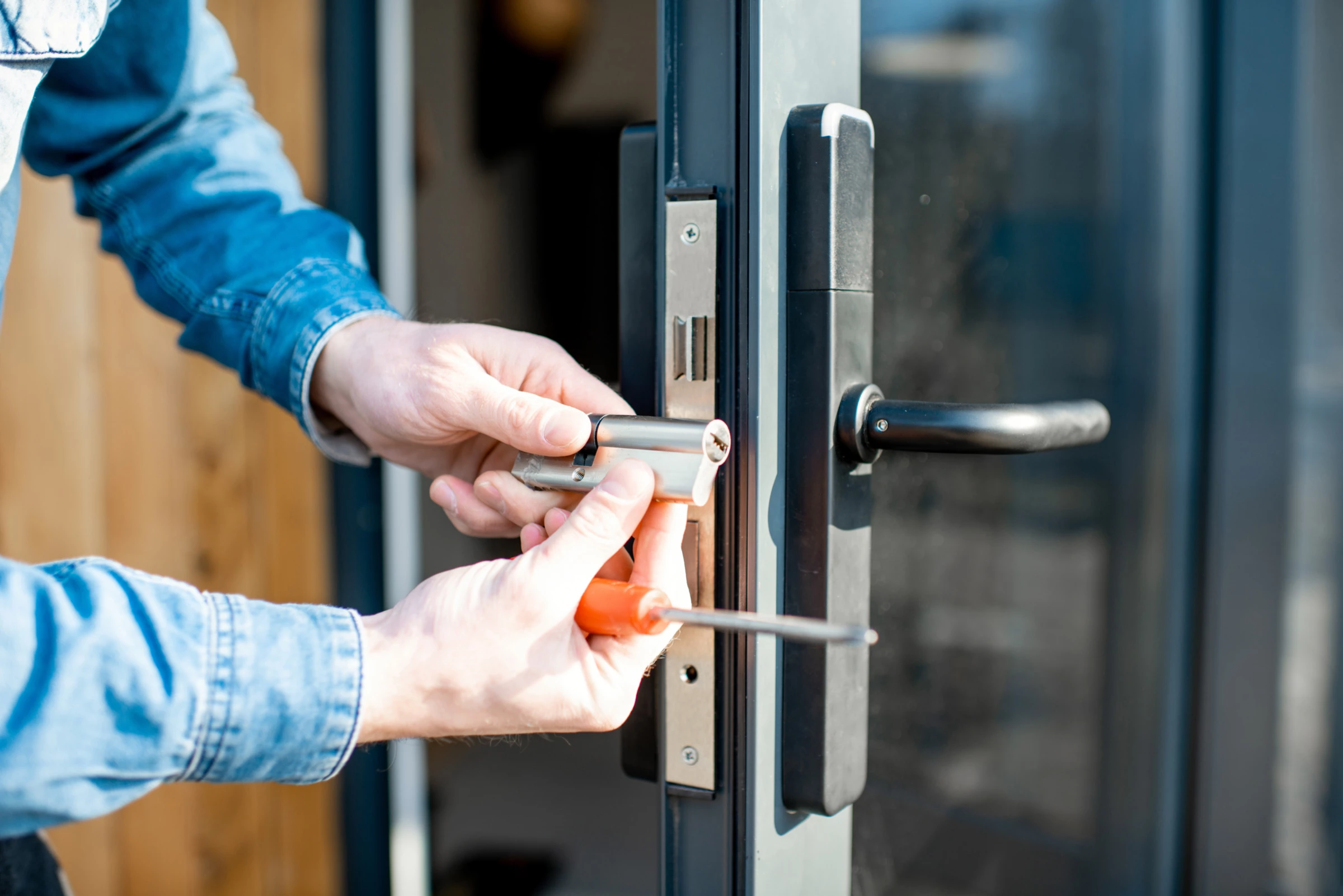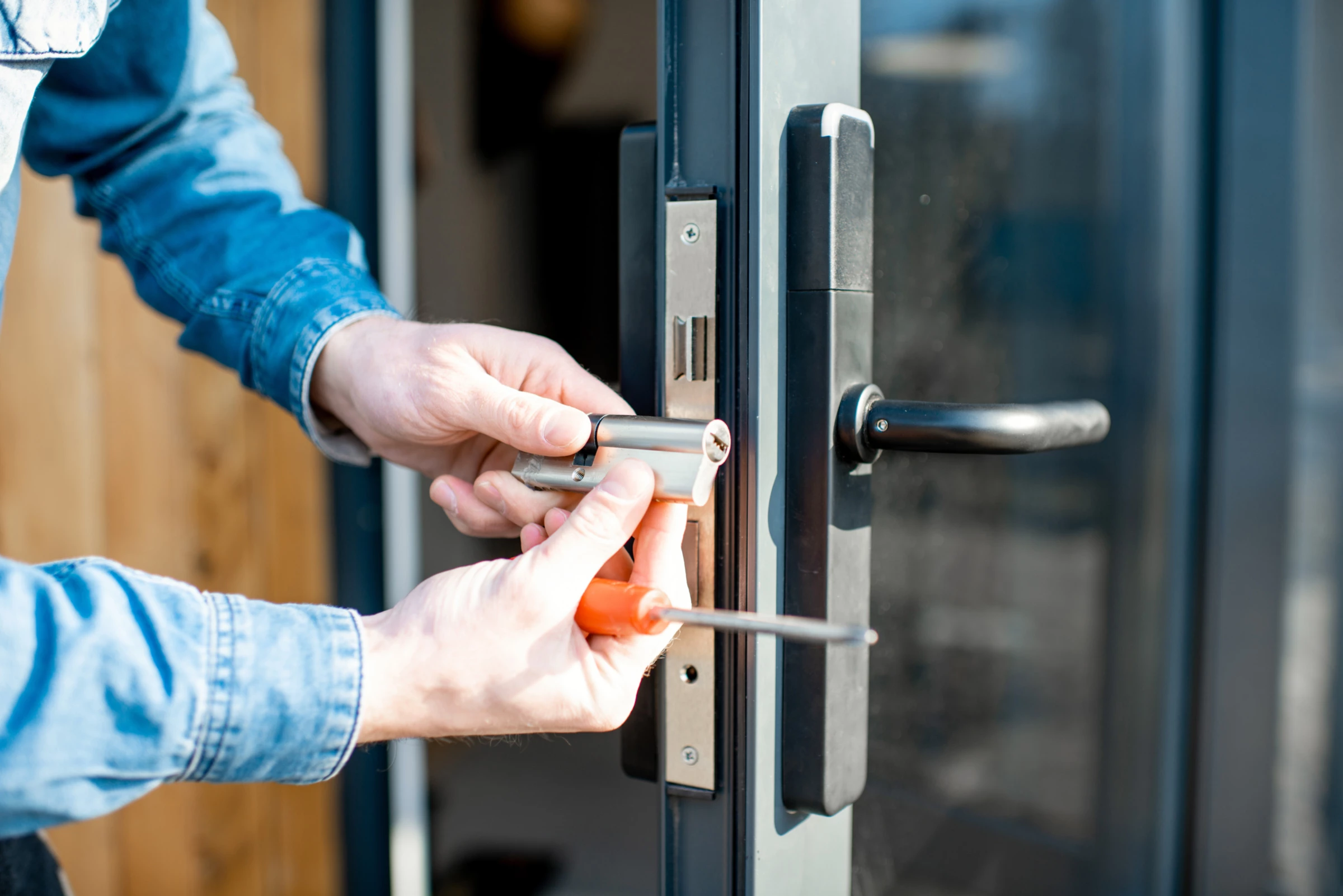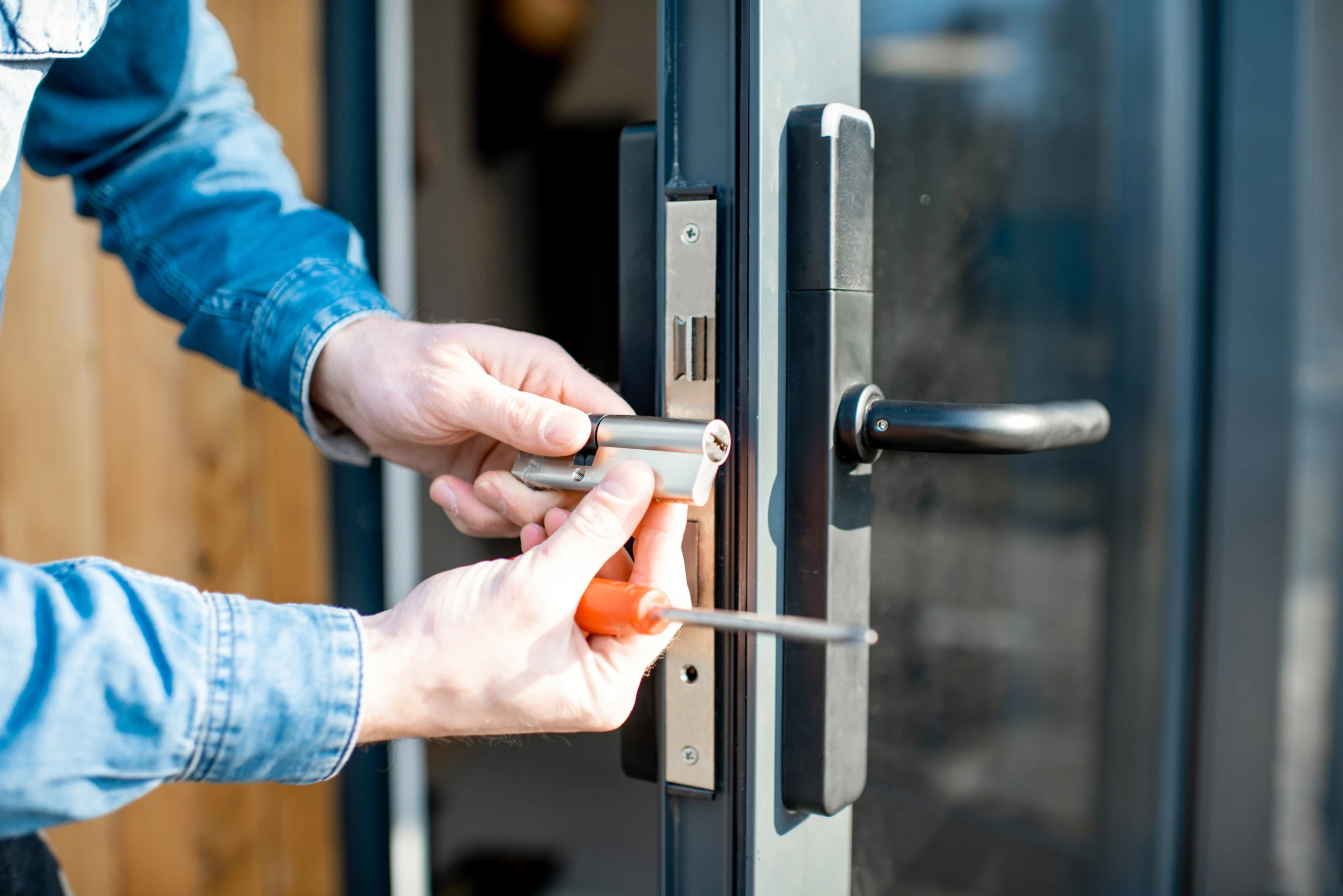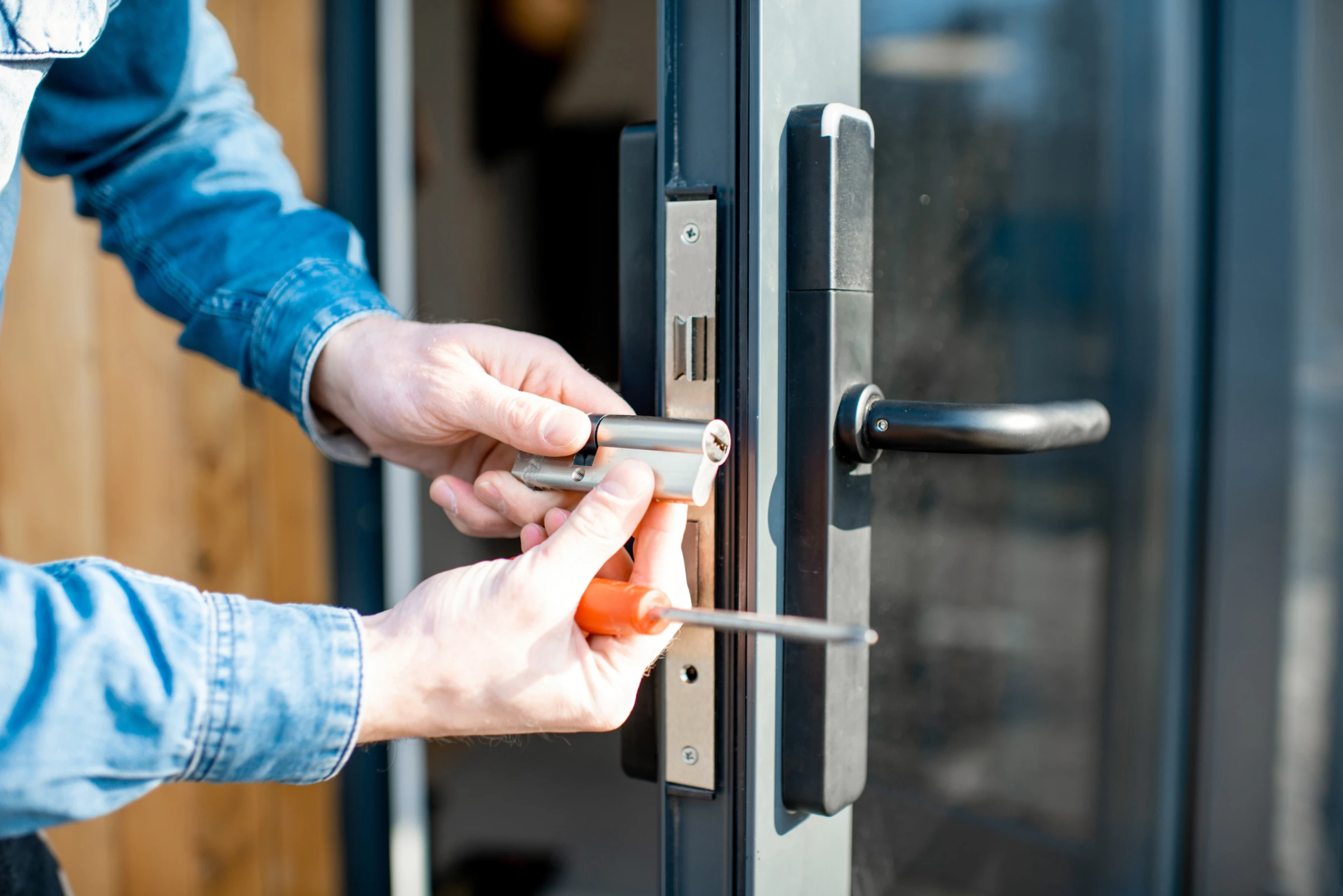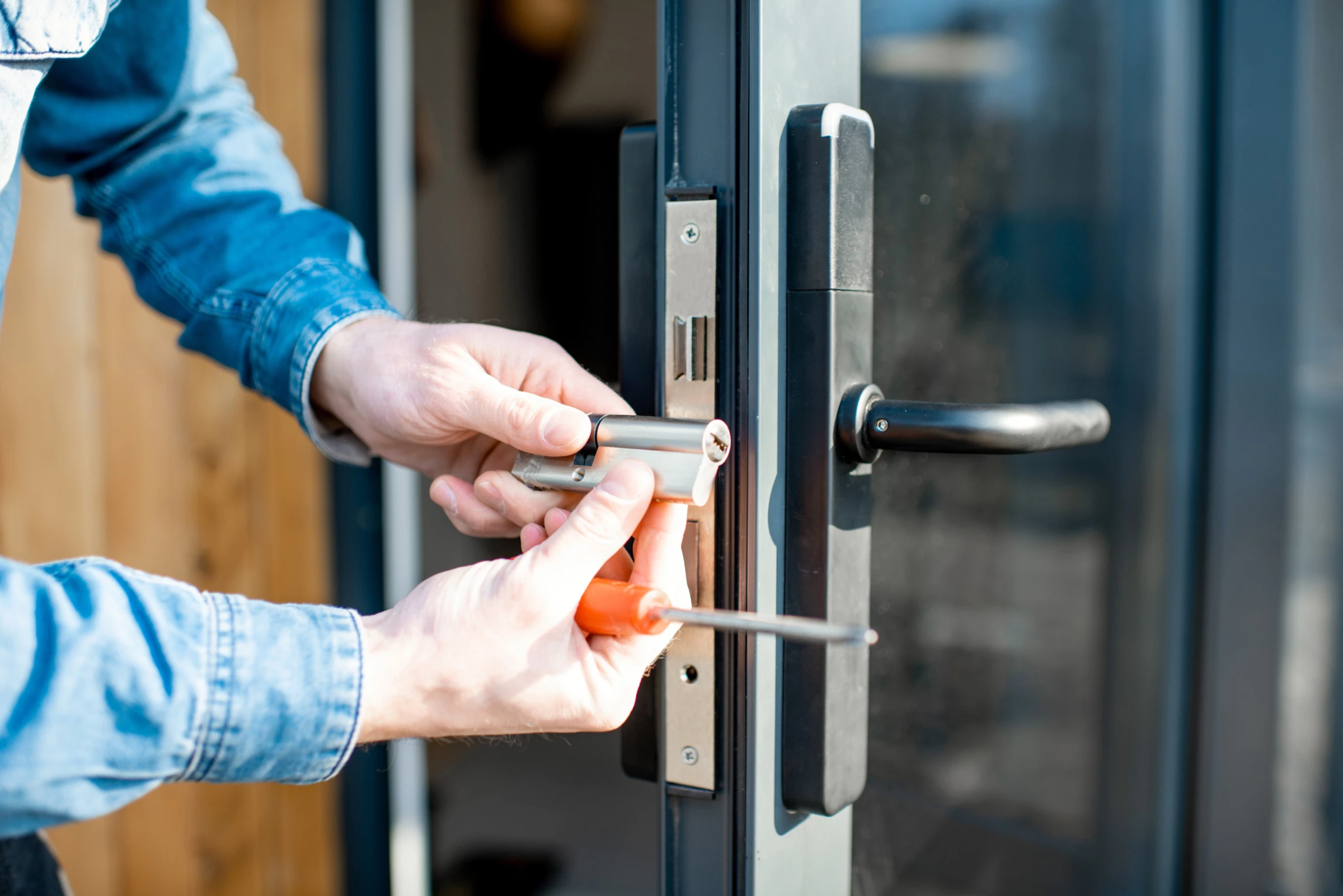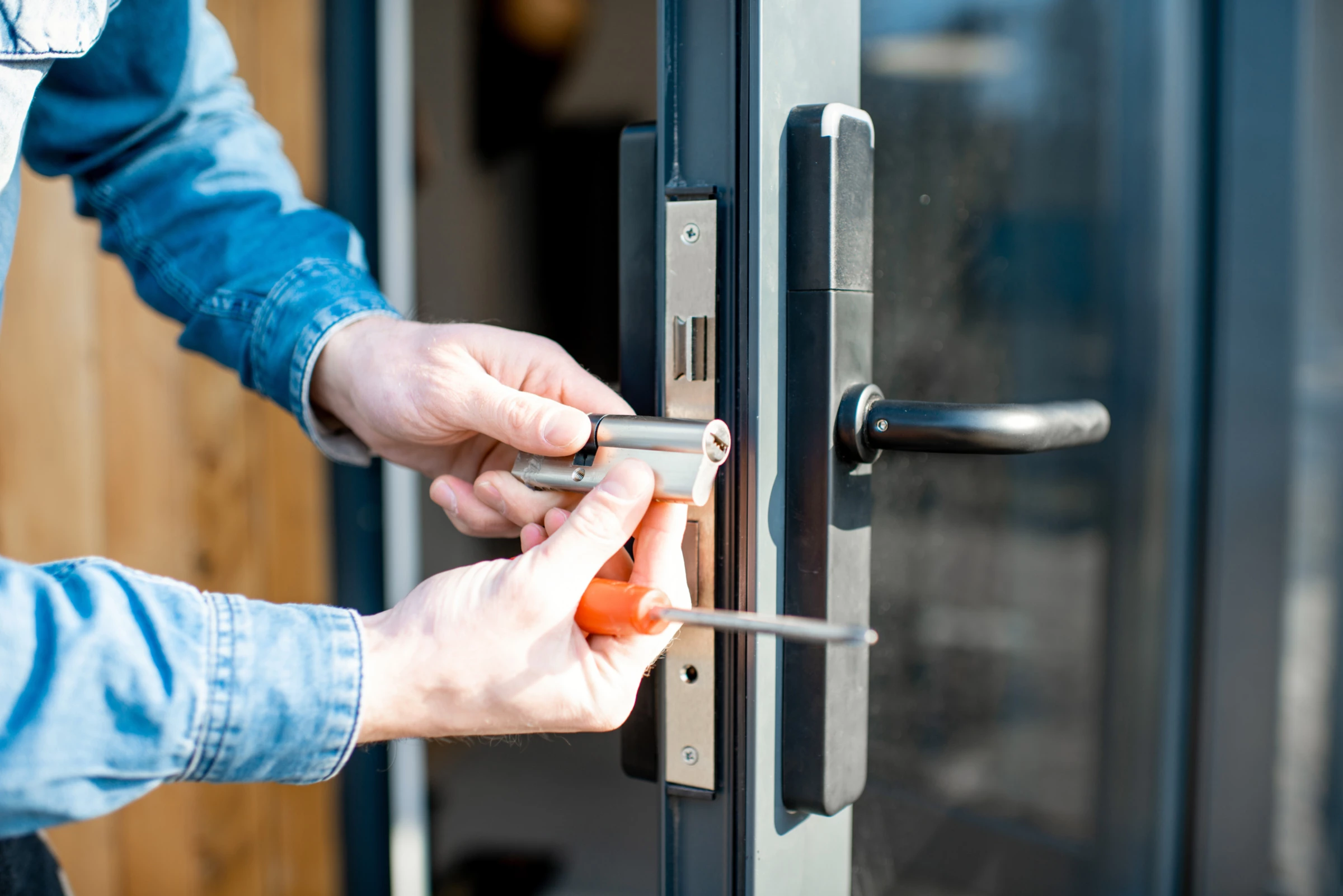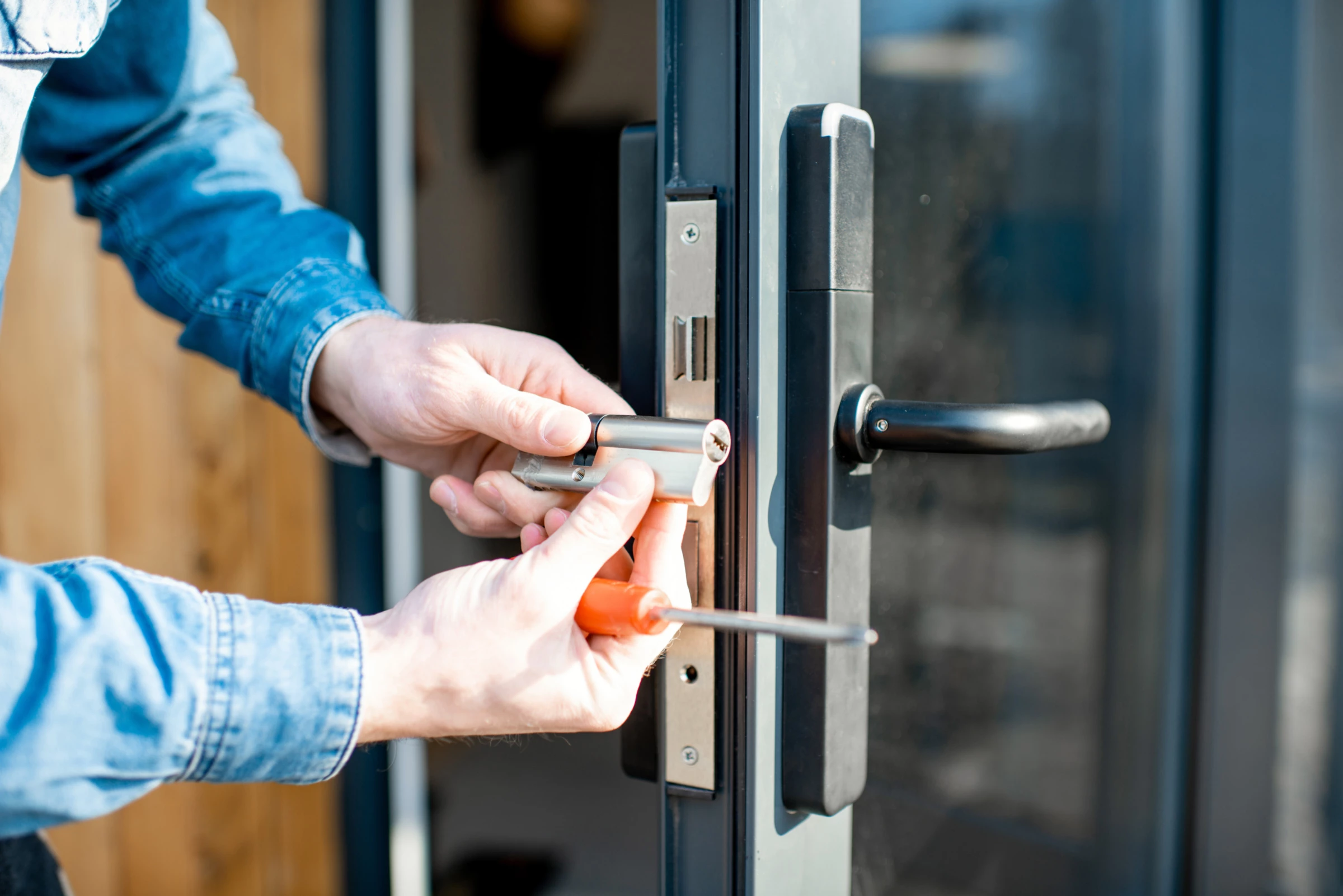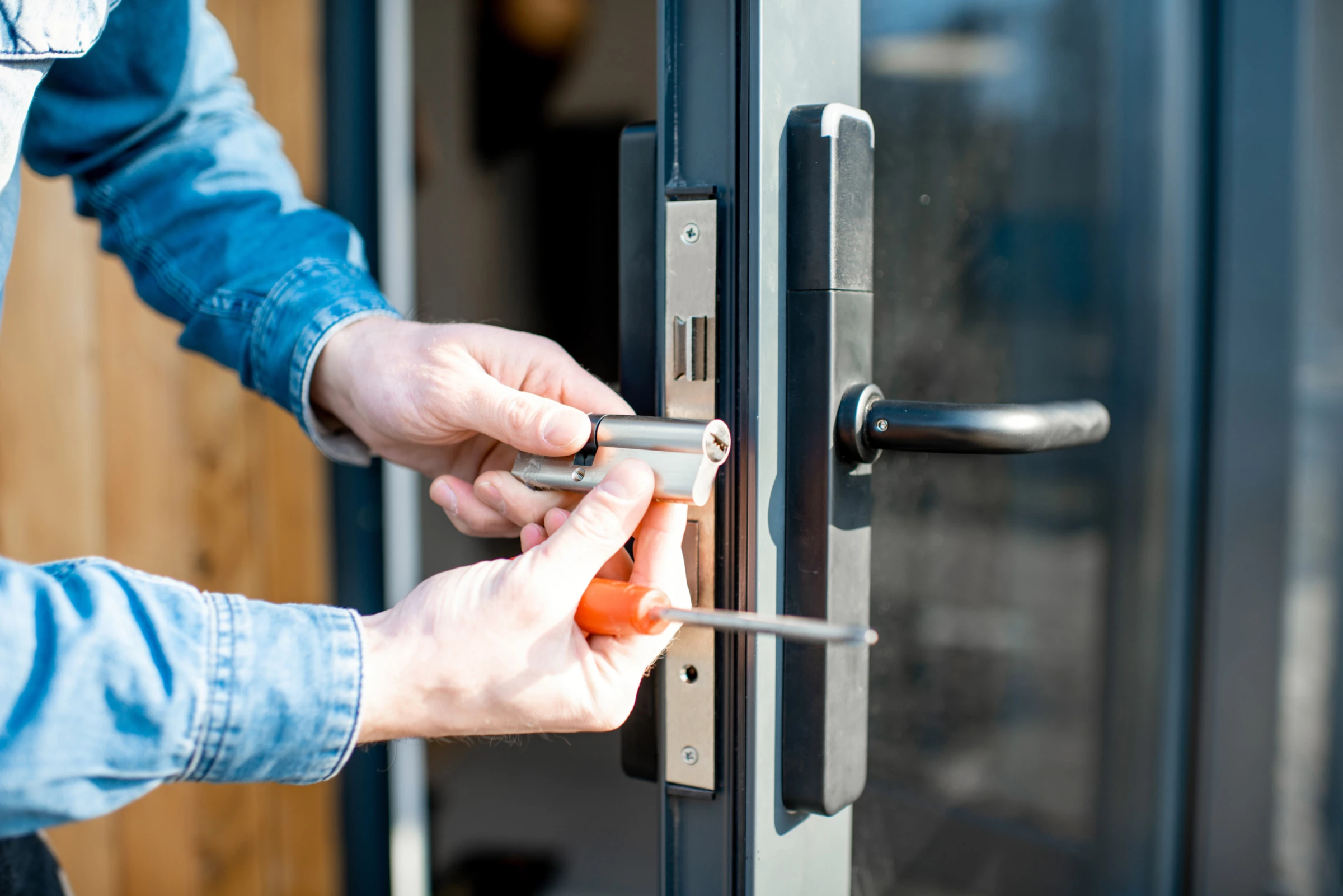When locksmith professionals take on institutional contracts - from government buildings and hospitals to schools and corre…
Locksmith Business Interruption Insurance: Protecting Your Income When Operations Must Stop
Running a locksmith business means being available when customers need you most - during emergencies, lockouts, and security crises. But what happens when your own business operations are interrupted? Whether it's due to equipment failure, property damage, or unforeseen circumstances, business interruptions can devastate a locksmith's income. This is where locksmith business interruption insurance becomes essential.
Understanding Business Interruption Insurance for Locksmiths
Business interruption insurance is designed to replace lost income and cover ongoing expenses when your locksmith business cannot operate normally due to a covered event. Unlike general business insurance that covers physical damage to property and equipment, business interruption insurance specifically protects your revenue stream and helps maintain financial stability during difficult periods.
For locksmith professionals, this coverage is particularly crucial because your business model relies heavily on immediate response and continuous availability. Any disruption to your operations can result in significant income loss, especially if you're unable to respond to emergency calls or complete scheduled installations.
Common Causes of Business Interruption for Locksmiths
Several scenarios can force a locksmith business to halt or reduce operations:
Property Damage
Fire, flood, or storm damage to your workshop, office, or storage facility can prevent you from accessing essential tools and equipment. Even if your mobile equipment is undamaged, losing your base of operations can significantly impact your ability to serve customers.
Equipment Failure
Critical equipment breakdowns, such as key cutting machines, lock picking tools, or specialized diagnostic equipment, can prevent you from completing jobs. For locksmiths who rely on advanced electronic lock programming equipment, technical failures can be particularly disruptive.
Vehicle Problems
Since many locksmith services are mobile, vehicle breakdowns or accidents can severely impact your ability to reach customers. This is especially problematic for emergency lockout services where rapid response is essential.
Utility Disruptions
Power outages can affect electronic equipment, while communication disruptions can prevent customers from reaching you. For locksmiths who operate from fixed premises, utility failures can halt operations entirely.
Supply Chain Issues
Inability to obtain essential supplies like blank keys, lock components, or specialized hardware can prevent you from completing jobs and fulfilling customer commitments.
Regulatory Issues
Licensing problems, security clearance issues, or regulatory compliance failures can temporarily prevent you from operating legally in certain areas or with specific types of locks.
What Business Interruption Insurance Covers for Locksmiths
A comprehensive business interruption policy for locksmiths typically includes several key coverage areas:
Lost Revenue Protection
The primary benefit is compensation for income you would have earned during the interruption period. This is calculated based on your historical earnings and projected business performance.
Ongoing Expense Coverage
Fixed costs continue even when your business isn't operating. Coverage typically includes rent for your workshop or office space, loan payments, insurance premiums, and other contractual obligations that don't stop during an interruption.
Employee Wages
If you employ other locksmiths or administrative staff, the policy can cover their wages during the interruption period, helping you retain valuable team members.
Temporary Relocation Costs
If your primary location is unusable, the policy can cover costs associated with operating from a temporary location, including additional rent and setup expenses.
Extra Expenses
Additional costs incurred to minimize the interruption or continue operations, such as renting temporary equipment, outsourcing certain services, or paying overtime to catch up on delayed work.
Customer Retention Costs
Expenses related to maintaining customer relationships during the interruption, such as communication costs or compensation for delayed services.
Calculating Coverage Needs for Your Locksmith Business
Determining the right amount of business interruption coverage requires careful analysis of your business finances and operations:
Revenue Analysis
Review your annual income and identify seasonal variations. Emergency locksmith services may see increased demand during certain periods, while commercial installation work might follow different patterns.
Fixed Cost Assessment
Calculate your monthly fixed expenses including rent, insurance, loan payments, utilities, and minimum staffing costs. These expenses continue regardless of whether you're generating revenue.
Recovery Time Estimation
Consider how long it might take to resume normal operations after different types of interruptions. Equipment replacement might take weeks, while property damage could require months of reconstruction.
Peak Period Considerations
If your business experiences seasonal peaks, ensure your coverage accounts for potential interruptions during high-revenue periods.
Specialized Considerations for Different Locksmith Services
Different types of locksmith businesses face unique interruption risks:
Emergency Locksmith Services
These businesses are particularly vulnerable to vehicle and communication disruptions. Coverage should account for the high-value nature of emergency calls and the competitive disadvantage of delayed response times.
Commercial Lock Installation
Businesses focused on commercial installations may face longer interruption periods due to the complexity of replacing specialized equipment. Project-based work also means that delays can have cascading effects on multiple contracts.
Automotive Locksmith Services
Vehicle-dependent operations need coverage that accounts for both primary and backup vehicle requirements. The specialized nature of automotive locksmith equipment also requires consideration of replacement timeframes.
Residential Security Services
These businesses may have more predictable revenue streams but face unique challenges related to customer trust and security clearance requirements.
Exclusions and Limitations to Consider
Understanding what business interruption insurance doesn't cover is crucial for locksmith businesses:
Pandemic-Related Closures
Many policies exclude losses related to pandemics or government-mandated closures. Recent events have highlighted the importance of understanding these exclusions.
Cyber Attacks
While increasingly relevant for businesses using electronic systems, cyber-related interruptions may require separate coverage.
Gradual Deterioration
Losses due to gradual equipment wear or deterioration are typically excluded, emphasizing the importance of regular maintenance.
Seasonal Variations
Normal seasonal fluctuations in business are not covered - only interruptions that exceed normal operational variations.
Waiting Periods
Most policies include a waiting period before coverage begins, typically 24-72 hours after the interruption starts.
Steps to Take When Filing a Business Interruption Claim
If your locksmith business experiences an interruption, prompt action is essential:
Immediate Documentation
Record the date, time, and cause of the interruption. Take photographs of any damage and gather relevant documentation.
Notify Your Insurer
Contact your insurance provider as soon as possible to report the claim and understand the documentation requirements.
Minimize Additional Losses
Take reasonable steps to reduce the impact of the interruption, such as arranging temporary equipment or alternative service methods.
Maintain Detailed Records
Keep comprehensive records of all expenses, lost revenue, and recovery efforts. This documentation will be crucial for claim processing.
Professional Support
Consider engaging accountants or business interruption specialists to help quantify losses and navigate the claims process.
Cost Factors and Premium Considerations
Several factors influence the cost of business interruption insurance for locksmiths:
Business Size and Revenue
Larger businesses with higher revenue typically pay higher premiums due to greater potential losses.
Coverage Limits
Higher coverage limits result in higher premiums, but inadequate coverage can leave you financially exposed.
Deductible Selection
Higher deductibles can reduce premium costs but increase your out-of-pocket expenses during a claim.
Risk Factors
Businesses operating in areas prone to natural disasters or with higher crime rates may face higher premiums.
Safety Measures
Implementing security systems, backup equipment, and disaster preparedness plans can help reduce premium costs.
Integrating Business Interruption with Other Insurance Coverage
Business interruption insurance works best as part of a comprehensive insurance program:
Property Insurance
Business interruption coverage typically requires an underlying property insurance policy and is often triggered by property damage.
Professional Indemnity
Protects against claims related to professional errors that could also result in business interruption.
Public Liability
Covers third-party injury or damage claims that might force temporary closure of operations.
Tools and Equipment Insurance
Provides coverage for the physical replacement of specialized locksmith equipment.
Commercial Vehicle Insurance
Essential for mobile locksmith operations and can include business interruption elements.
Best Practices for Locksmith Business Continuity
While insurance provides financial protection, implementing business continuity measures can minimize interruption risks:
Equipment Redundancy
Maintain backup equipment for critical tools, especially key cutting machines and electronic programming devices.
Multiple Suppliers
Develop relationships with multiple suppliers to ensure continued access to essential materials and components.
Documentation Systems
Maintain detailed records of customer information, service history, and business processes to facilitate quick recovery.
Emergency Procedures
Develop and regularly update emergency response procedures for different types of interruptions.
Staff Cross-Training
Ensure multiple team members can perform essential functions to maintain operations if key personnel are unavailable.
Regular Policy Reviews
Your business interruption insurance needs will evolve as your locksmith business grows and changes:
Annual Revenue Updates
Regularly update your coverage limits to reflect business growth and changing revenue patterns.
Service Expansion
Adding new services or specializations may require coverage adjustments to account for different risk profiles.
Equipment Upgrades
New equipment purchases should be reflected in your coverage to ensure adequate protection.
Market Changes
Changes in your local market or customer base may affect your interruption risks and coverage needs.
Regulatory Updates
Stay informed about changes in licensing requirements or industry regulations that might affect your coverage needs.
Working with Insurance Professionals
Given the specialized nature of locksmith businesses, working with insurance professionals who understand your industry is valuable:
Industry Experience
Choose agents or brokers with experience in locksmith or security industry insurance.
Coverage Customization
Work with professionals who can tailor coverage to your specific business model and risk profile.
Claims Support
Ensure your insurance provider offers strong claims support and understands the unique aspects of locksmith business operations.
Regular Reviews
Schedule regular policy reviews to ensure your coverage remains adequate as your business evolves.
Conclusion
Business interruption insurance is a critical component of financial protection for locksmith professionals. The nature of locksmith work - with its emphasis on immediate response, specialized equipment, and customer trust - makes businesses particularly vulnerable to operational disruptions.
By understanding the coverage options available, carefully assessing your business risks, and working with experienced insurance professionals, you can ensure your locksmith business is protected against the financial impact of unexpected interruptions. Remember that the goal isn't just to survive an interruption, but to maintain your competitive position and customer relationships while recovering from the disruption.
The investment in comprehensive business interruption coverage is ultimately an investment in the long-term sustainability and success of your locksmith business. In an industry where reputation and reliability are paramount, having the financial security to weather operational storms can make the difference between temporary setback and business failure.


 0330 127 2333
0330 127 2333
